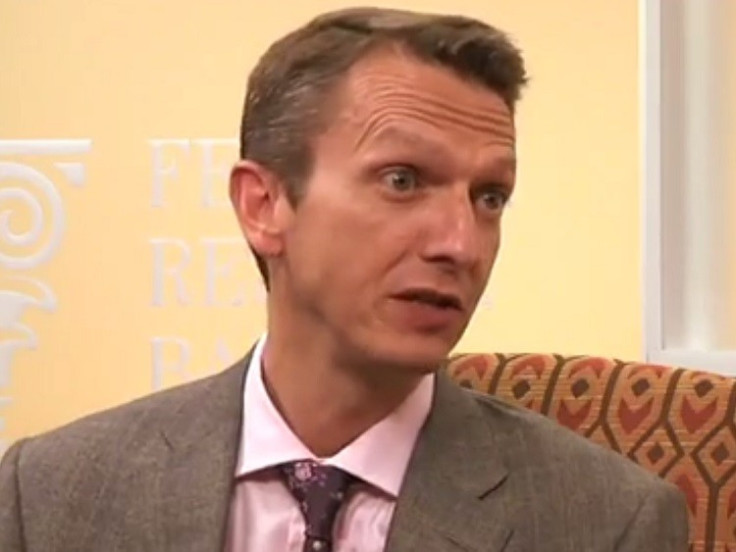Bank of England needs to 'look seriously' at interest rate hike to fight inflation
Persistently low wages have contributed to historic low rates says BoE's chief economist Andy Haldane.

The Bank of England (BoE) should "look seriously" at raising interest rates, in a bid to keep a lid on the rising inflation, the bank's chief economist said.
Andy Haldane said the bank had to be "vigilant" over the rate of inflation, which currently stands at 2.9%, the highest level in four years.
"We need to look seriously at the possibility of raising interest rates to keep the lid on those cost of living increases," Haldane told BBC Newsnight.
"For now we are happy with where the rates are, we need to be vigilant for what happens next."
The rate of inflation first broke above the BoE's 2% threshold in March and has been running above it ever since. The increase recorded in May exceeded the forecast the bank had issued in the previous month, when it indicated it expected inflation would peak at 2.8% this autumn.
Interest rates have been at a record low 0.25% since the BoE cut them in August last year in the aftermath of Britain's Brexit referendum, a trend which Haldane expects to continue.
"Rates currently, and if you believe financial markets, prospectively, are set to remain pretty low for a pretty long time," he said.
"I mean not just the lowest in the last 300 years, possibly the lowest in the last several thousand years, I would say."
Earlier this month, the BoE voted in favour of holding steady on the 0.25% base rate by a surprisingly close split of five to three, with Michael Saunders and Ian Mccafferty joining long time dissenter Kirsten Forbes.
Haldane has since hinted he will vote in favour of a rate hike later this year, but warned any increase would be gradual and to a limited extent.
"By which we mean the numbers that may have been in people's heads from the past are probably on the high side relative to what we might expect in the future," he added. "Let me not put a number on that. But limited and gradual is the name of the game."
Low interest rates are also the result of persistently low wages, Haldane said, adding workers were left "frustrated and squeezed" by stagnant salary growth for the last decade.
"We've gone through, for most people, a pretty extraordinary, almost unprecedented period of real take home pay having flatlined for the better part of a decade, and that is well beyond anyone's historical experience," he explained.
"And understandably people are feeling frustrated and squeezed by that squeeze on their purchasing power in the shops."
The reason for the stagnation in wage growth could be traced back to a subdued productivity, he added, indicating only between 1% and 5% of UK firms were "high innovation" businesses which were "taking the productivity high road".
"The root cause of the stagnation in productivity and pay is that long lower tail of firms," Haldane added. "They're taking the low-productivity road."
© Copyright IBTimes 2025. All rights reserved.






















